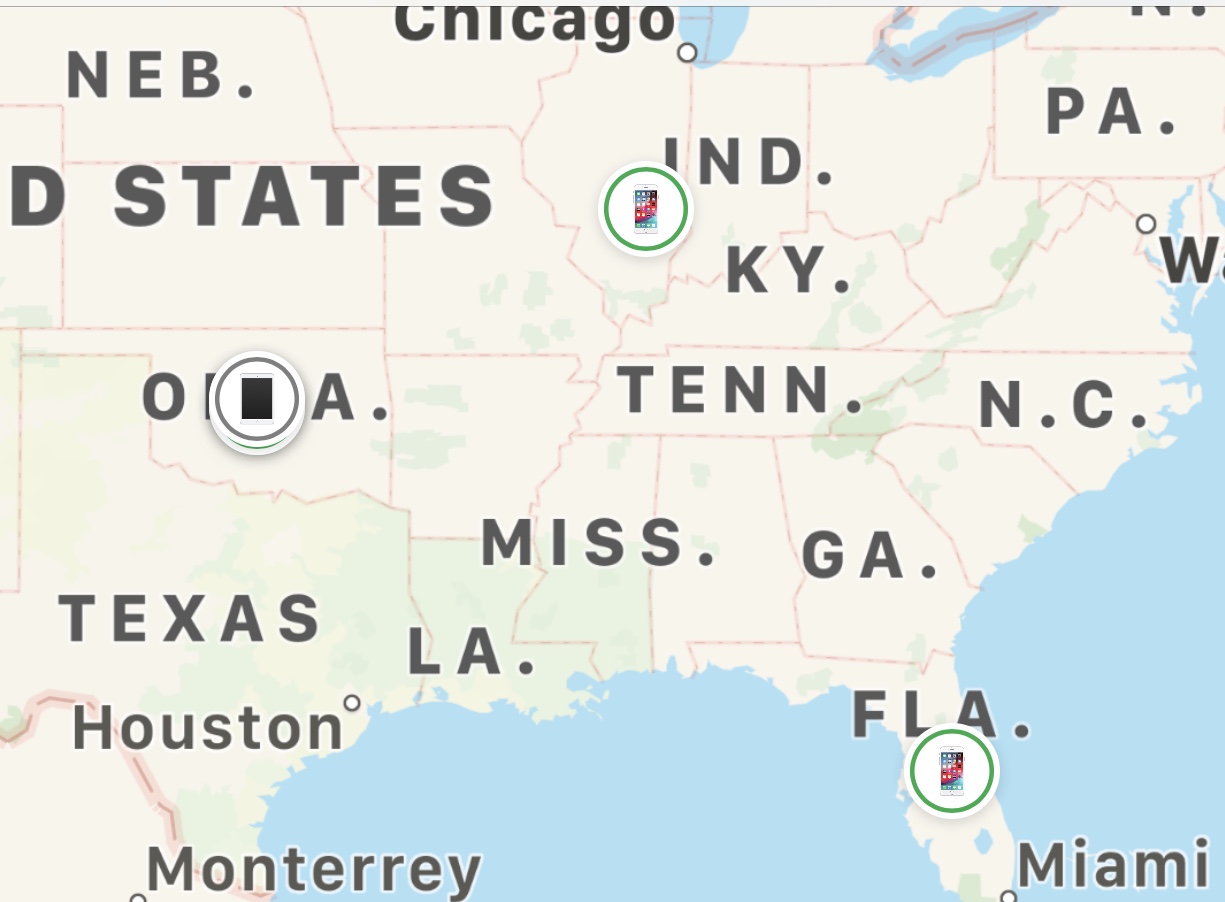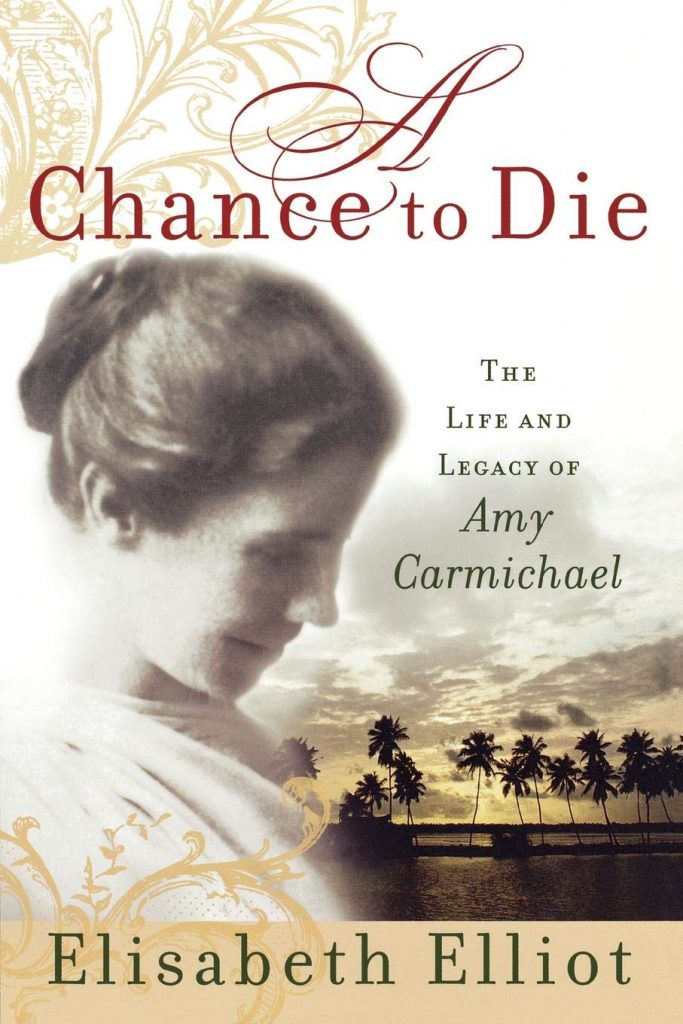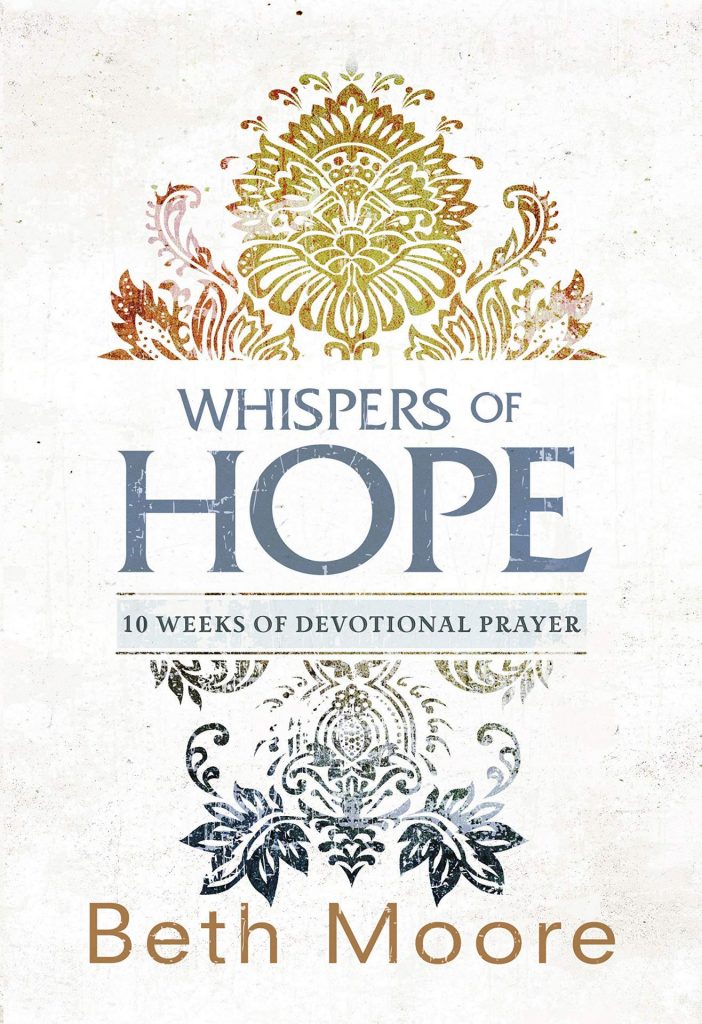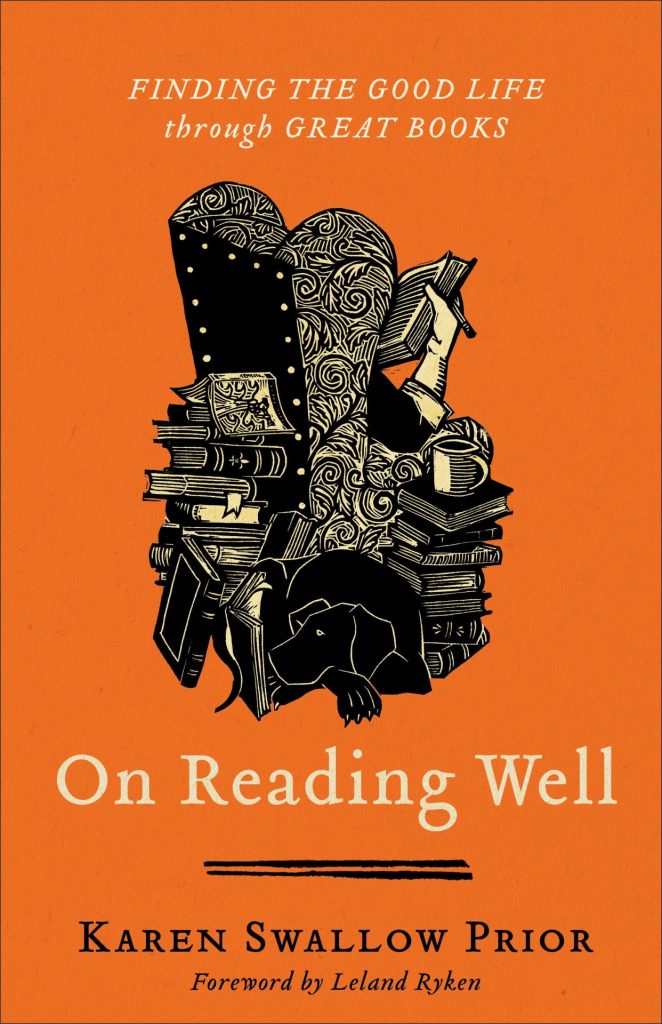
by Caleb Moore | Sep 11, 2019
I’m guilty of it, and you likely are as well.
As soon as there is a lull in the day, a brief moment of waiting, you reach into your pocket or purse and grab your phone. You don’t need to make a call, and you just checked your email five minutes ago, but for some reason you just have to pull it back out and scroll through endless post on your favorite social media sites.
You are not looking for something; you’re just looking at something. Our eyes gloss over with a zombie like stare as we just scroll, scroll and scroll down again.
It’s instinctual now. If there is a red light or an elevator
ride, we look at our phones. I’m not writing this to tell you to stop; I’m
writing this to remind myself of what is more valuable than time spent on my
phone.
People don’t give up bad habits unless it is replaced with a
better habit, and I think the story of Elijah gives us a hint at the better
habit.
Elijah spent a lot of time by himself—three years to be
exact—just waiting for God to do something.
After his time of waiting was up, God took him to Mount Sinai and hides
him in a cave.
Elijah feels an earthquake, mighty winds and fire, but we
are told after each event that God was not in the noise. No, He was to be found
in the soft whisper or, as it literally translates, the thin silence.
As I read that, I wondered “What does thin silence sound
like?” Even simpler, I wonder what just regular silence sounds like.
I live a mile from some train tracks, and you can hear them
run all night long. The first night I slept in that house I was afraid that I
had made a big mistake as I lay awake all night long. However, it only took a
few days before I slept like a baby, regardless of the amount of noise. Noise,
it turns out, is very easy to get used to.
Although I can adjust to a noisy room rather quickly, I find
it much more difficult to adjust to silence. Turns out, I’m addicted to the
noise, and you might be as well.
Noise is our universal cultural language at the moment. We live hurried and noisy lives, and as soon as it’s quiet, we turn on the radio, TV or just stare at our phones. So what is better than noise? It’s not just silence; it is God in the silence.
God tells Elijah that HE is in the soft whisper, and if that is a place where I can hear God then that is what I want. I’m not saying we all start to meditate for hours a day; it’s much simpler than that. I just want to hear from my Heavenly Father. I want to visit with my dad. My dad has always told me that love is spelled T-I-M-E.
You whisper when someone is really close to you. That’s why God whispered to Elijah—to let him know that He was standing right beside him. Elijah was not alone, and neither are you. God stands right next to you.
I pray that you begin to develop a desire to have less noise
in your life and find moments where you can just be aware that God, the Creator,
is close enough to whisper to you.

by Angela Sanders | Sep 10, 2019
For so much of our children’s lives, we are the conduits
through which God works, protecting, guiding, comforting, and teaching our
children even as the Holy Spirit draws them toward repentance and salvation.
It’s a big job—a scary one at times—but it’s also a comfort
to see and know in real time what God is doing and to understand, at least to
some degree, what He’s working to accomplish at each age and stage of your
children’s lives.
There is fulfillment, too, in knowing that even when you
can’t prevent hardship or heartache, you can be there to soothe, teach, and
send them back out, the Father’s hand almost visible in theirs as a result of
the prayers you’ve prayed in earnest and the faith you’ve extended in response
to Who you know God to be and what you believe He can do.
Then they leave.
No longer mere minutes away, your children do most of their
living and breathing and choosing beyond your field of vision, beyond your
reach, making their own way in a world where the Enemy prowls, seeking to
destroy them (1 Pet. 5:8).
It’s a helpless feeling—at least, it can be—one with which
the royal official mentioned in John 4 was, no doubt, familiar. Separated from his
critically ill son by more than a day’s journey, he did the only thing he could
do for the son he loved from that distance.
He begged Jesus to intervene, to breathe life into his child.
And Jesus did.
Of course, the official didn’t have any tangible proof of
this in the moment—thank you, Lord, for smart phones and FaceTime—but he took
Jesus at His word and began the long journey home, every step an exercise in
patience, every thought a battle against doubt, every mile an obstacle to
overcome before his faith would become sight.
Can you imagine the agony?
If you have grown children, my guess is yes.
Listen, I know, no matter how many prayers for protection I
pray, my children are going to experience difficult things in life—Jesus
promised as much (John 16:33)—and I don’t begrudge God the opportunity to
glorify Himself through my children in whatever way He deems necessary. I truly don’t.
How could I when He didn’t begrudge us His own Son?
All I ask—I beg—is that God complete in my children what He began when they confessed their need for a Savior and surrendered their lives to His Lordship, keeping their faith strong to the end, for their good and His ultimate glory.
Jesus will do it, of course. He promised as much (John 6:37-40), but I’ve a long journey ahead as a parent, every step an exercise in patience, every thought a battle against doubt, every mile an obstacle to overcome before my faith becomes sight.
It can be excruciating.
Even so, I will trust Him, not only because I really have no
other choice—His being omnipresent, omnipotent, omniscient, and sovereign,
things I most definitely am not—but also because I, like the royal official, believe
God is faithful (1 Cor. 1:8-9).
That’s why we go to Him in the first place, isn’t it?

by Brian Hobbs | Sep 4, 2019
My teenager had only been driving with a learner’s permit
for a few weeks, when it happened. An accident. We were in the car, and while
parking, the car slightly grazed another vehicle leaving damage.
After interacting with the other vehicle’s owner and our
insurance company, my nerves calmed down.
After all, “It was only a fender bender, barely one at that,”
I thought. What I did not tell you yet, though, is that it was not my teenage
driver who struck the other vehicle; it was me.
While I am still wondering what life lessons this may have taught
my youngster, let me share what it has taught me:
Be humble. Adding
to my humiliation, my teenager had driven most of the time that day, until I
took over the last leg, knowing we were going to a place with a lot of traffic
and crowded parking lots. “Dad’s got to take the wheel, here,” I thought. True,
we were entering into some difficult driving, but my teen probably would have
been less (over) confident than her dad. That day, I learned to be more humble
about my abilities, or in this case inabilities (Rom. 12:3).
Be careful. In
this fast-paced society in which we live, it can be easy to get in too much a
hurry. Whether you are running late for an event and get careless parking your
car; or if you’re simply too careless with your words or attitudes, many of us
could benefit by slowing down, by taking care (Prov. 29:20).
Be patient. When
driving a car, it’s easy to grow inpatient. In fact, in every aspect of life,
it is difficult to have patience. Whether through life experience or prayer,
God can give to us more patience than we now have. It may not be a fun process
getting there, but it’s definitely a virtue and Fruit of the Spirit every
believer should desire (Eph. 4:2).
After my getting over my initial fender bender blues and
coming to these life lessons, I can step back and be thankful it happened. It
was a learning experience for me. It hopefully was a learning experience for my
teen. And who knows? Maybe my mistake can help you, as well.

by Ryan Smith | Aug 29, 2019
Never doubt the value of the little things in God’s economy. Your small act of daily obedience may be the turning point in someone’s life.
By now you may
have read this
article from The Gospel Coalition regarding Becket Cook.
Ten years ago,
having earned a glowing high-profile reputation as a set designer in the
fashion industry, Cook was among the Hollywood elite. His work took him around
the globe, placed him in prestigious magazines like Vogue and Harper’s Bazaar, and
earned him an invitation to parties hosted by Hollywood royalty.
However, Cook, a
gay man engaged in an active homosexual lifestyle, became disenchanted with the
peak of fame, fortune, sexuality and fashion. Unsatisfied, he began to wonder
if there was more to life.
The article
recounts Cook’s experience of being introduced to the church through a small
group of believers who were reading their Bibles at a coffee shop.
Having assumed
God was “off the table” for him as a gay man, Becket was alarmed to find hope
in the Gospel of Jesus Christ as presented unashamedly from the Word of God. He
threw himself into sermons, Bible-centered instruction and personal
discipleship in the local church.
The article
explores in detail how the LGBTQ movement has created a driving narrative in
Western culture and how stories like Becket’s fit within that unfolding
narrative. There is much to gain from the article, and Cook’s story is told compellingly
with great truth, compassion and candidness.
The article makes
a splash in many ways because it’s about Hollywood, LA, fashion, homosexuality,
fame and a “Road to Damascus” experience for a man amidst a cultural firestorm.
But there’s a
quiet story inside this story.
What God used in
such an extraordinary account is something we might consider to be extraordinarily ordinary.
While God was
doing a great work in the heart of fashion icon Becket Cook, God had also established
regular rhythms for a small group of young believers. When they took their
Bibles to the LA coffee shop that day, they likely expected nothing more than
good coffee, quiet atmosphere and another regular day of reading the
Scriptures.
Likely none of
the young adults engaged in their Bible reading that day thought they were
doing something of momentous cultural and spiritual significance. Some, like
myself, may have felt somewhat shy at opening up God’s Word in such a public
setting – not wanting to appear pretentious or “preachy.”
But in the hands
of a Sovereign God, small things matter.
Had those young
adults known they were going to engage in a conversation about biblical sexual
ethics, they might have felt ill-equipped. Had they known Cook was a famous
Hollywood set designer and active member of the gay community, they may have
been tempted to sit in a different area discreetly – or even capitulate to the
cultural tides when asked about homosexuality instead of standing firm on
biblical convictions.
But they didn’t.
They read their Bibles, were available for questions and invited someone to
church.
Do you ever
consider how regular, monotonous obedience might be used in the hands of a
Sovereign God?
While the
article, “From Gay to Gospel” is a great story of God’s work in the life of a
cultural elite, it is also quietly a story about unremarkable faithfulness to
God being used by God for His glory.
This amazing story
of redemption, fame and sex is just as much a story about small obedience.
Never doubt the
value of the little things in God’s economy. Your small act of daily obedience
may be the turning point in someone’s life. It may be the beginning of a great
conversation about the Gospel in the LGBTQ community. Or it may be another day
of reading the Scripture over a tall latte that seems insignificant and
habitual.
Either way, read
your Bible. Be available. Invite someone to church. You never know what God
might do.

by Hannah Hanzel | Aug 28, 2019
My dad has played a significant role in my life. From
teaching me to pray as a child to exposing me to deep, sound theology in
college, my dad has challenged me and invested in me. One thing he and I have
been doing periodically is sharing the various books we are reading. This
simple exchange of words in conversation or text messages containing an author
and book title has subtly been a continuing factor of my dad’s influence in my
life.
In this recent practice, I have begun to realize the power
of men’s influence in women’s lives. Whether it’s a pastor to a female church
member, a father to his daughter, a male friend to his female friend, a brother
to his sister, there is a degree of authority and influence. In light of this,
I have also begun to realize how men are wielding this power.
There are the good men, like my dad and brothers, and many
others, who bear this influence with weighted intentionality and with humility.
There are lazy men who fail to realize this influence at all. There are abusive
men who are aware of this influence and use it for their own gain. But it is
for the aforementioned good men that I write this blog.
There are 10 books that these good men might be wise in
sharing with the women in their lives and might reap knowledge from for
themselves. These are 10 books I hope to offer to the good men of the church
who are looking to learn from, as well as protect, women’s tender hearts and brilliant
minds. I have included a brief description with each, as well as highlighted a
valuable insight these good men might receive about or from women in these
female authored books.
1. A Chance to Die | by Elisabeth Elliot
This book is one amazing missionary writing about another amazing missionary. Elisabeth Elliot was a prolific writer that, not unlike myself, was astonished by the life of Amy Carmichael. Elliot wrote about Carmichael in a powerful and moving way, telling the story of her life.
Return: An honest perspective on a single woman’s commitment to ministry
2. Each New Day | by Corrie Ten Boom
Having survived World War II and the Nazi’s worst female concentration camp, Corrie Ten Boom has an astounding appreciation for the everyday faith. Ten Boom offers simple, understandable daily devotionals in her book and offers hope to the broken.
Return: A realization of the resilience and tenderness of a godly woman
3. In His Image | by Jen Wilkin
In this book, Jen Wilkin, highlights 10 qualities of God that Christian men and women are called to reflect. Don’t be deceived by the flowery, feminine cover, Wilkin drops some serious, Grudem-style theology.
Return: A deeper understanding of God’s calling for the Church
4. The God Who Cares and Knows You: John | by Kay Arthur
After getting a taste of her writing, you might want to make some room in your library for Kay Arthur’s Bible commentary series. Arthur is known for her deep knowledge of God’s Word, and for making it understandable to all ages. Her gracious voice in writing all but conceals her vast understanding of theology.
Return: A dependable, female voice for sermon and teaching prep
5. Gladys Aylward | by Janet and Geoff Benge
This husband and wife duo paint a beautiful picture of the young missionary to China, Gladys Aylward. Amidst civil unrest and personal loss, Aylward serves courageously. The Benges have written an entire library of narrative biographies on the heroes of the faith worthy of reading.
Return: A realization of what women endure on the mission field
6. Whispers of Hope | by Beth Moore
In this simple devotional, Beth Moore walks you through a life-changing approach to prayer. Look beyond the female-targeted design, and reap the benefits of an increased appreciation for prayer.
Return: A more intimate, tender view of the Lord
7. On Reading Well | by Karen Swallow Prior
I am currently reading this book because of my dad. He is in the middle of reading it for the second time. He raves of its theological richness and of Prior’s ability to communicate doctrine in its relation to reading.
Return: A creative view on theological topics
8. The Triumph of John and Betty Stam | by Dr. and Mrs. Howard Taylor
Another missionary book by another dynamic, authoring duo! Read the heart-wrenching tale of two martyrs and their love story.
Return: A desire for God’s Kingdom through the faithfulness of men and women
9. The Gospel Comes with a Housekey | by Rosaria Butterfield
In this book, Rosaria Butterfield opens the door to a whole new concept of hospitality. Read about her life story, and the power of showing kindness in a radical way.
Return: A resolve for encouraging women in ministry to use their gifts
10. Gay Girl, Good God | by Jackie Hill Perry
Jackie Hill Perry goes through the story of her early years as a homosexual and of God’s redeeming hand that resurrected her to new life and out of the former lifestyle.
Return: An awareness of the brokenness and needs of women
My prayer, for the good men of the Church, is for them to continue to realize the influence they have in women’s lives around them. What these good men read, what they watch, what they listen to… many women are hearing and seeing, and learning. May these men continue to empower women in their pursuit of knowledge and protect the women’s hearts around them.

by Aaron Hanzel | Aug 26, 2019
The first time I was crippled by anxiety was a couple years
ago. I had prepared a lesson to teach at my church for the young adults Sunday
School class. As I was about to enter the room, I stopped and looked through
the open door at all the faces of the Sunday morning crowd. A thought creeped
into my mind: “What if you mess up?”
Suddenly, the thought became a reality, which formed into an
environment that asked more questions.
What if you look like
an idiot? Everyone would see it.
What if they notice
how strange you are and reject you?
What if you have no
value? You will waste their time.
What happens when they
see that you’ve been fooling them all along and they realize that you’re
worthless? Then, you’ll be alone forever. No one cares about you.
This sequence of thoughts, emotional responses and
worry-building occurred in about three seconds. My mind was working in
overdrive, and it became a run-away train of destruction. My heart was pounding
through my chest. My hands were shaking uncontrollably. I suddenly felt the
eyes of everyone in the room peering into my soul, and they felt were superior
to me.
You may look at these thoughts and say to yourself, “This is
silly. None of those things would actually happen.” You’re probably right. You
may say, “You just need to calm down and focus on the positive.” That would
have been helpful too. But in that moment, I was a slave to something that
bound my logic and casted it into a pit that I couldn’t find. In that moment,
terror overcame me, and I was no longer in control.
Later, I chocked it up to nerves. I told myself that it had
been years since I spoke in front of a crowd, and I was just too shaken up. I
didn’t prepare well enough, and that’s why I was so nervous. I struggled
through that morning and decided to avoid teaching for a month or two.
I eventually got back in the saddle, and everything was
fine. I’ve been teaching in my Sunday School consistently ever since. I still
get nervous, but nothing like what I had experienced before.
The years have passed since that instance, and the Lord has
taught me so much about His character, His will, the value of Scripture, the
body of the church and how to cultivate a heart for others. Through all this
growth, told myself, “The Lord has filled me up with joy. What could possibly
happen to me that could diminish that joy?” This false sense of security would
soon change.
A week or so ago, I walked into work and was immediately
handed a storm of chaos. The pressure built up, and I handled it calmly.
Afterward, I was personally attacked and told that I wasn’t handling the chaos
well, and I should have done a better job communicating those things. Suddenly
it all rushed back.
My world narrowed to a tunnel-vision and a fog of terror
shrouded my every thought. I gripped the wall in desperation, and my heart was
beating so fast. I thought I was having an allergic reaction to something. Like
watching a computer boot up and run a thousand apps simultaneously, my sight
flooded with a familiar line of questions…
What if? It was as if my consciousness sank back into a dark
room and just watched helpless as questions fed into questions all themed with
the ultimate reality, “What if everyone leaves me, and I am alone?”
I didn’t know how to stop it. I thought, “Computers have a restart
button, so maybe I should try to clear my mind in a similar way. Think of
something good,” I told myself. “You’re not in control! Get it together!” My
attempts were useless. For every positive thought, my mind created 50 opposing
arguments, each with bullet points of evidence for their truth. I thought it
would last forever.
Then slowly, the shouts of my mind died down, like they were
sinking into the darkness, and I had regained control. Distance grew between
the thoughts and my mind as I heard them shouting from afar, and the fog
lifted. Later my smart watch would show that my heart rate went from 65bpm to
nearly double that and lasted for three minutes. It felt like an eternity.
Days went by, and my world had narrowed to the constant
concern of “What if it happens again?” I avoided crowds. Paralyzed in
anticipation, I forced myself to go hangout with groups of friends and believed
it would pass.
I asked close friends for prayers and advice. I begged the
Lord, “Please, I can’t control this. What is causing this?” I stayed up late
thinking and worrying “What is the root? How do I stop this from happening
again? Am I just broken and need a counselor?” I looked through my health
insurance to see if I was covered to see a therapist. A couple of times I even
stopped what I was doing and just wept in tears of helplessness.
One recent morning, I was working on my computer at work,
and something happened. My mind had been weighed down in sorrowful anguish ever
since that day. Suddenly, I heard a voice speak a single word through the pain,
“fear.”
My eyes lifted from my screen, and it was as if this weight
I had been carrying around, melted into the floor under my feet. I wasn’t
reading an article or researching exercises to combat anxiety. I wasn’t meditating
or working out. I wasn’t sitting in a room and asking for professional advice.
I wasn’t doing anything that merited success.
The voice was calm and quiet. It did not boom like thunder
or have a distinguishing affliction in its tone. It was gentle and confident
all at the same time. “Fear,” the voice said and suddenly it all made sense. I
was afraid. Fear told me, “You’re not good enough.” It said, “What if everybody
sees you’re worthless?” If fear was the question that became the fire burning
in my heart, the gasoline dumped onto the flames was also fear. It was a
self-compounding reaction that would not, and could not, be smothered. That is,
until it had a name.
Fear is what I was fearful of; “Fear” was the name of my
enemy. There are three powerful things that the Lord has taught me about my
enemy.
Fear is the absence of truth. I had asked myself “What if I
end up alone?” This is how Satan operates, he asks these questions. If I hold
fast to the truth of God’s word, fear is relinquished.
“Now the serpent was more crafty than any of the wild
animals the LORD God had made. He said to the woman, “Did God really say,
‘You must not eat from any tree in the garden’?” (Gen. 3:1).
God knows the answers to the questions of anxiety. The
Creator and Sustainer of your every breath knows the answers. He knows them,
and He’s in control of their result. I can have confidence in my every moment
because I know my Father loves me and has been working in my life even before I
was born.
“Because You will not abandon me to the realm of the
dead, nor will You let Your faithful one see decay” (Ps. 16:10).
“For You created my inmost being; You knit me together in
my mother’s womb” (Ps. 139:13).
I did nothing to earn freedom from the pain. This is the
most important lesson that I want to communicate to you, dear reader. Much like
the powerful truth of the Gospel, we did nothing to earn righteousness, so we
also must understand that true freedom from fear only comes through the
loving-grace of God.
“But God, being rich in mercy, because of the great love
with which He loved us, even when we were dead in our trespasses, made us alive
together with Christ—by grace you have been saved— and raised us up with Him
and seated us with Him in the heavenly places in Christ Jesus, so that in the
coming ages He might show the immeasurable riches of His grace in kindness
toward us in Christ Jesus. For by grace you have been saved through faith. And
this is not your own doing; it is the gift of God, not a result of works, so
that no one may boast” (Eph.
2:4-9).
There are many helpful avenues of resources to fight fear.
But none extinguishes those flames like being wrapped up in a divine love from
a Creator that hates fear more than I ever could. I testify with these words
that I desire that freedom in Christ more than a thousand momentary victories
in a world riddled with a thousand excuses not to. I leave you with these
passages of truth from God, Who knows the answers to all your questions of
anxiety and fear.
“I have said these things to you, that in Me you may have
peace. In the world you will have tribulation. But take heart; I have overcome
the world” (John 16:33).
“There is no fear in love, but perfect love casts out
fear. For fear has to do with punishment, and whoever fears has not been
perfected in love” (1 John 4:18).
“Do not be anxious about anything, but in every
situation, by prayer and petition, with thanksgiving, present your requests to
God. And the peace of God, which
transcends all understanding, will guard your hearts and your minds in Christ
Jesus” (Phil. 4:6-7).
“But now, this is what the Lord says…Fear not, for I have
redeemed you; I have summoned you by name; you are Mine” (Isa. 43:1).















